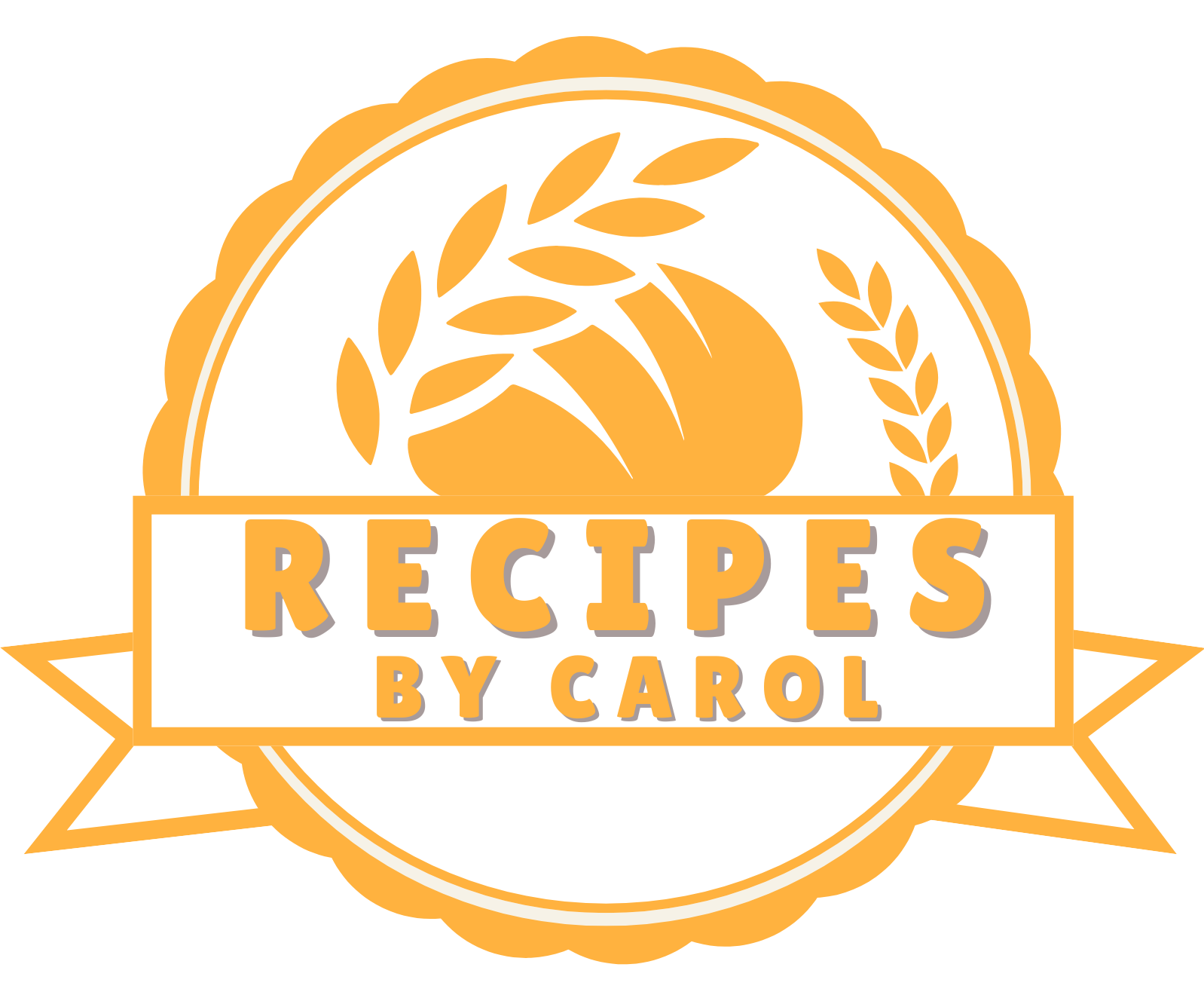The elegance of a French bistro meets everyday convenience in these Baked French Eggs, also known as Oeufs Cocotte. With just a few simple ingredients and a muffin pan, you can bake a dozen delicate, creamy eggs at once making it perfect for brunch gatherings or meal prepping for the week.
Each egg is enriched with heavy cream and a touch of Parmesan, then seasoned simply with salt and pepper. The result? A tender, flavorful bite with a soft or firm center customizable to your taste. Garnish with herbs and serve alongside toast, biscuits, or fresh greens for a sophisticated yet effortless meal.
Full Recipe:
Ingredients:
-
12 large eggs
-
1/2 cup heavy cream
-
8 oz grated Parmesan cheese
-
Salt and freshly ground black pepper, to taste
-
Butter-flavored cooking spray
Optional Garnishes:
-
Chopped fresh chives or parsley
-
Extra Parmesan for serving
Directions:
-
Preheat oven to 425°F (220°C). Lightly spray each cup of a standard 12-cup muffin pan with butter-flavored cooking spray.
-
Carefully crack one egg into each muffin cup.
-
Drizzle 1–2 teaspoons of heavy cream over each egg.
-
Sprinkle each egg with salt, freshly ground black pepper, and about 1 tablespoon of Parmesan cheese.
-
Bake in the preheated oven based on your desired doneness:
-
7–8 minutes for soft yolks
-
9–10 minutes for semi-soft yolks
-
11–12 minutes for firm yolks
-
-
Remove from oven and gently slide a spatula around the edges to lift each egg out.
-
Garnish with fresh herbs and additional cheese, if desired. Serve immediately.
Prep Time: 5 minutes | Cooking Time: 10 minutes | Total Time: 15 minutes
Kcal: 179 kcal | Servings: 12 servings
The Elegance of Simplicity: Baked French Eggs (Oeufs Cocotte)
When it comes to preparing a breakfast or brunch that is both elegant and effortlessly delicious, few dishes embody this balance quite like Baked French Eggs, also known in French as Oeufs Cocotte. These oven-baked gems, delicately cradled in ramekins or muffin tins, offer a rich, creamy, and customizable experience that feels indulgent yet comforting. Their beauty lies in their simplicity a humble egg transformed into a sophisticated centerpiece through gentle baking, silky cream, and savory accents.
Though this version draws on classic French cooking techniques, it has been adapted for modern kitchens, offering a practical, make-ahead-friendly twist on a timeless favorite. Whether you’re hosting brunch for a crowd or enjoying a quiet weekend breakfast, Baked French Eggs deliver an experience that’s both luxurious and deeply satisfying.
A Brief Look at the Origins
The term “Oeufs en Cocotte” translates literally to “eggs in pots.” In traditional French cuisine, the eggs are baked in small ceramic ramekins, often set in a water bath (bain-marie) to ensure even, gentle cooking. This technique produces a tender egg white and a perfectly runny or set yolk, depending on preference.
This dish has long graced the tables of French households, particularly for leisurely breakfasts or light lunches. Its appeal lies in its versatility: it can be dressed up with fine cheeses, herbs, and smoked meats, or kept delightfully simple with a touch of cream and seasoning.
The American-style adaptation, popularized by food bloggers and chefs looking for both elegance and ease, removes the water bath altogether and makes use of a muffin pan. This makes it easy to prepare multiple portions simultaneously, without compromising on flavor or texture.
Why Baked French Eggs Are a Must-Try
There are many reasons why this dish has earned a permanent spot in the rotation of brunch lovers and seasoned home cooks alike:
1. Minimal Effort, Maximum Reward
This dish is incredibly simple to prepare yet yields a luxurious result. With just a few minutes of prep and a quick bake in the oven, you’re rewarded with a velvety, savory egg that tastes like it took far more effort than it actually did.
2. Customizable to Every Taste
From vegetarians to meat lovers, Baked French Eggs offer a base that can be adapted for nearly any palate. You can nestle in sautéed spinach, caramelized onions, or even slices of smoked salmon. Add grated cheese, fresh herbs, or a spoonful of pesto for flavor variations that span from rustic to gourmet.
3. Perfect for Brunch and Beyond
While often thought of as a brunch item, Baked French Eggs make a delightful light dinner when served with a crisp green salad and warm baguette. They’re equally ideal for meal prepping, as leftovers store and reheat well, especially for busy weekday mornings.
Cultural Significance and Culinary Philosophy
French cuisine has always been revered for its attention to technique and respect for ingredients. Oeufs Cocotte exemplifies this culinary philosophy. Despite being made from such simple pantry staples, the preparation emphasizes precision, temperature control, and subtle seasoning turning the ordinary into something special.
This recipe also mirrors how French cooks view food: not just as fuel, but as a ritual, a pleasure, and a way of expressing care. A warm ramekin of baked eggs, perhaps served alongside fruit, a slice of country ham, or crusty bread, invites us to slow down and enjoy each bite.
Tips for Success
Achieving perfectly baked eggs can be tricky the first time, especially if you’re particular about yolk consistency. Here are some tried-and-true tips to help ensure success:
1. Use Fresh, High-Quality Eggs
The star ingredient should shine. Fresh eggs not only taste better but also hold their shape better during baking.
2. Don’t Skip the Fat
Cream or melted butter added over the egg before baking enriches the texture and helps prevent the top from drying out. It also adds flavor and a slight crust on top, depending on your choice of cheese or herbs.
3. Monitor Baking Time Carefully
Depending on your oven and the size of your eggs, a minute or two can make a big difference. If you prefer soft, runny yolks, start checking at 7 minutes. For more set centers, 9–12 minutes usually does the trick.
4. Let Them Rest Briefly
Once out of the oven, let the eggs sit for a minute or two. They continue to set slightly from residual heat, which helps with a clean removal from the pan or ramekin.
Creative Variations to Explore
Part of the charm of Baked French Eggs is their adaptability. Here are a few popular and delicious twists:
-
Mediterranean Style: Add chopped tomatoes, black olives, and crumbled feta.
-
Farmhouse Style: Include sautéed mushrooms, caramelized onions, and cheddar.
-
Spicy Kick: Sprinkle with red pepper flakes or add a dash of hot sauce to the cream.
-
Green Goddess: Add wilted spinach, fresh basil, and a spoonful of pesto.
-
Carnivore’s Dream: Line the muffin cup with prosciutto or smoked salmon for added flavor and structure.
The possibilities are nearly endless. Whether you’re working with a stocked pantry or a few leftover ingredients, you can make this dish your own.
Serving Suggestions
These eggs pair beautifully with a range of sides and add-ons. Here are some ideas to complete your meal:
-
Toasted sourdough or English muffins for dipping
-
Lightly dressed arugula or mixed greens
-
Home fries or crispy hash browns
-
Fresh fruit salad for a sweet contrast
-
Buttermilk biscuits with jam or honey
For a fancier presentation, serve them in individual ramekins placed on small plates with a few herb sprigs. This setup feels refined yet approachable perfect for bridal showers, Mother’s Day, or celebratory brunches.
Health Considerations
Eggs are a rich source of protein and essential nutrients like vitamin D, B12, and selenium. When baked with a modest amount of cream and cheese, the dish can still be part of a balanced diet. Those watching their fat intake can use lower fat dairy options or even substitute plant-based alternatives such as coconut cream or oat milk.
Additionally, the recipe is inherently gluten-free and low in carbohydrates, making it ideal for those on low carb or ketogenic diets.
A Dish that Feels Like a Hug
There’s something incredibly comforting about Baked French Eggs. Maybe it’s the gentle aroma as they come out of the oven, or the silky texture of the yolk as it meets a slice of buttered toast. Or perhaps it’s the knowledge that with so little effort, you can create something that feels so nourishing and complete.
For seasoned cooks and kitchen novices alike, this dish offers an approachable foray into classic technique with consistently rewarding results. You can make it once and fall in love or make it a hundred times and discover new ways to enjoy it each time.
Conclusion:
Baked French Eggs may seem humble at first glance, but their charm runs deep. Rooted in French tradition yet adapted for modern convenience, they deliver a dish that’s rich in flavor, effortlessly elegant, and endlessly customizable. Whether you’re seeking a beautiful brunch centerpiece, a make-ahead breakfast option, or a cozy solo meal, this dish fits the bill with style and grace.
Next time you’re craving comfort with a touch of sophistication, try baking your eggs the French way. Your kitchen and your taste buds will thank you.






